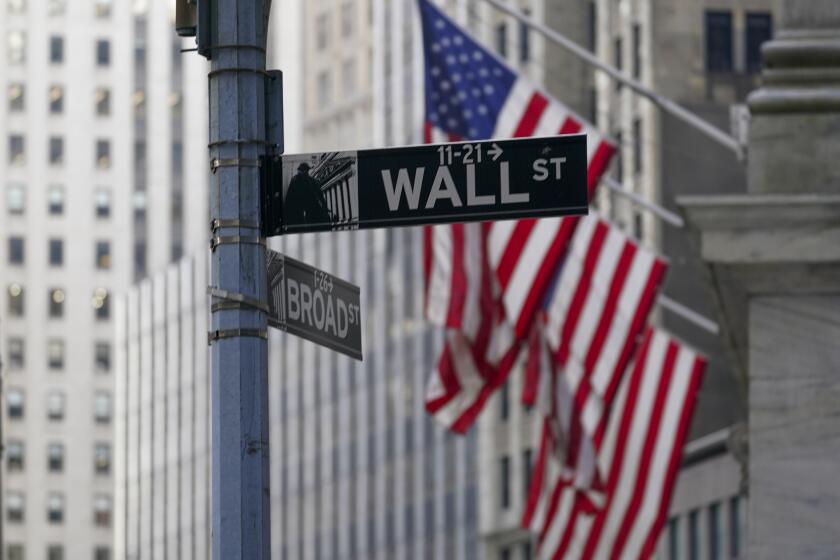Judge in Zimmerman trial bans potential juror from courthouse
SANFORD, Fla. — A potential juror for the George Zimmerman murder case was dismissed from consideration and ordered not to come back to the courthouse until the trial is over after he complained about the jury process outside the assembly room Friday.
Despite that, more than two dozen potential jurors interviewed individually by prosecutors and defense attorneys during the last week were told to return to a Florida courthouse next week for further questioning.
The dismissed juror — who described himself as a musician and painter — said he was concerned about losing his privacy. He pointed to the jury assembly room and said “Do they know what they’re in for?” according to a report from the Seminole County Sheriff’s Office.
He was given a trespass warning and told not to return until after the trial, which is expected to last two to four weeks after a jury is chosen. During questioning on Thursday, the judge asked him if he had posted on Facebook about the case and he replied yes. He was told he could leave the courtroom a short time later.
The sides must agree on six jurors and four alternates. Zimmerman, a 29-year-old former neighborhood watch volunteer, is pleading not guilty to second-degree murder, claiming he shot Trayvon Martin in self-defense.
Before lunch, Judge Debra S. Nelson told 23 candidates to return Tuesday, and she did the same to an additional six potential jurors before ending the day Friday. She asked them not to discuss the case or selection process with anyone.
Court spokesman Michelle Kennedy, however, said a tally she had received from the judge put the number of potential jurors called back at 28.
Of the 29 candidates, 19 are white; six are black; two are Latino; one describes himself as mixed race; and one is Asian American. The racial and ethnic makeup of potential jurors is relevant because prosecutors claim Zimmerman profiled 17-year-old Martin when he followed him through a gated community shortly before the unarmed teen was fatally shot.
The case prompted public outrage, as some critics believed authorities initially didn’t investigate the case thoroughly because Martin was a black teen from the Miami area.
The potential jurors asked to return were overwhelmingly female and middle-aged.
After Friday’s court session ended, defense attorney Mark O’Mara said he was confident he could pick a jury in Seminole County.
“Personally, I’m very happy about that,” O’Mara said. “We’re making good progress that jurors, for the most part are being honest and straightforward.”
Defense investigators were able to uncover the Facebook posting by the dismissed juror. O’Mara said he was worried about possible “stealth jurors,” who had ulterior motives for wanting to sit on the jury.
“It could have easily gotten by us,” O’Mara said.
Race-related questions came up regularly during jury candidate interviews on Friday.
During questioning of a potential juror Friday, O’Mara specifically asked a man in his 20s who identified as mixed race what his racial background was. The man said German, Filipino, Chinese and Spanish.
Later in the day, a middle-aged black man who works in a school described his family and friends’ reaction to Martin’s death as “typical,” given a history of violence against African American men in the U.S.
Prosecutors and defense attorneys want to build a pool of 40 potential jurors who have been screened for any influence of pretrial publicity before they move to a second round of questioning. Attorneys had interviewed 41 potential jurors over five days by midafternoon Friday.
At least 75 potential jurors have been dismissed.
Attorneys need to find six jurors and four alternates. In Florida, 12 jurors are required only for criminal trials involving capital cases.
The judge said Thursday that jurors picked to serve will be sequestered during the two weeks to a month that the trial will last. They will have limited contact with their families, they will spend the night at a hotel and their actions will be monitored by court security outside the courtroom for the duration of the trial.
ALSO:
2nd victim dies from Louisiana chemical plant explosion
Judge rejects accused Ft. Hood shooter’s new defense strategy
Transit cop wounded in hunt for Boston bombers leaves hospital
More to Read
Sign up for Essential California
The most important California stories and recommendations in your inbox every morning.
You may occasionally receive promotional content from the Los Angeles Times.









